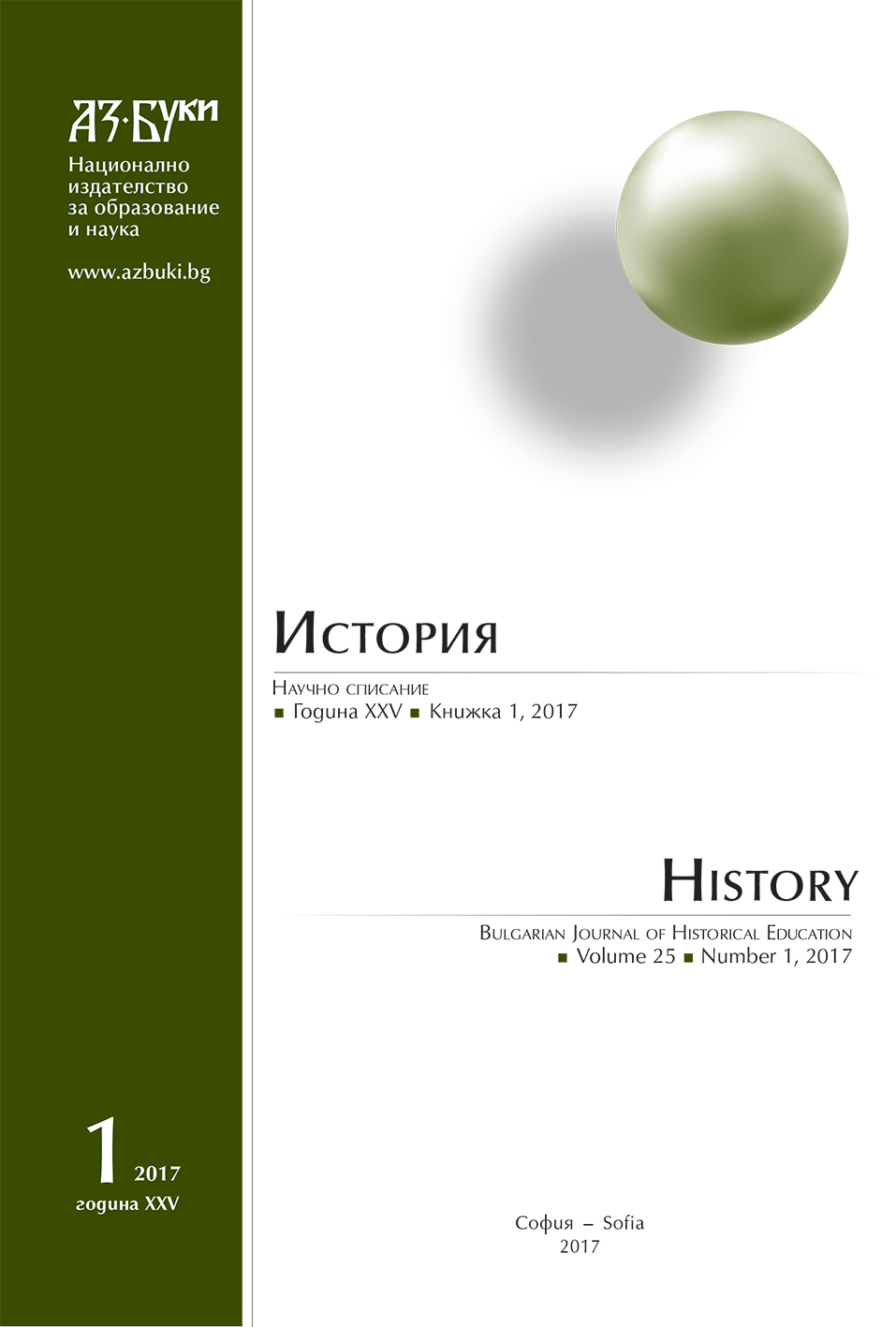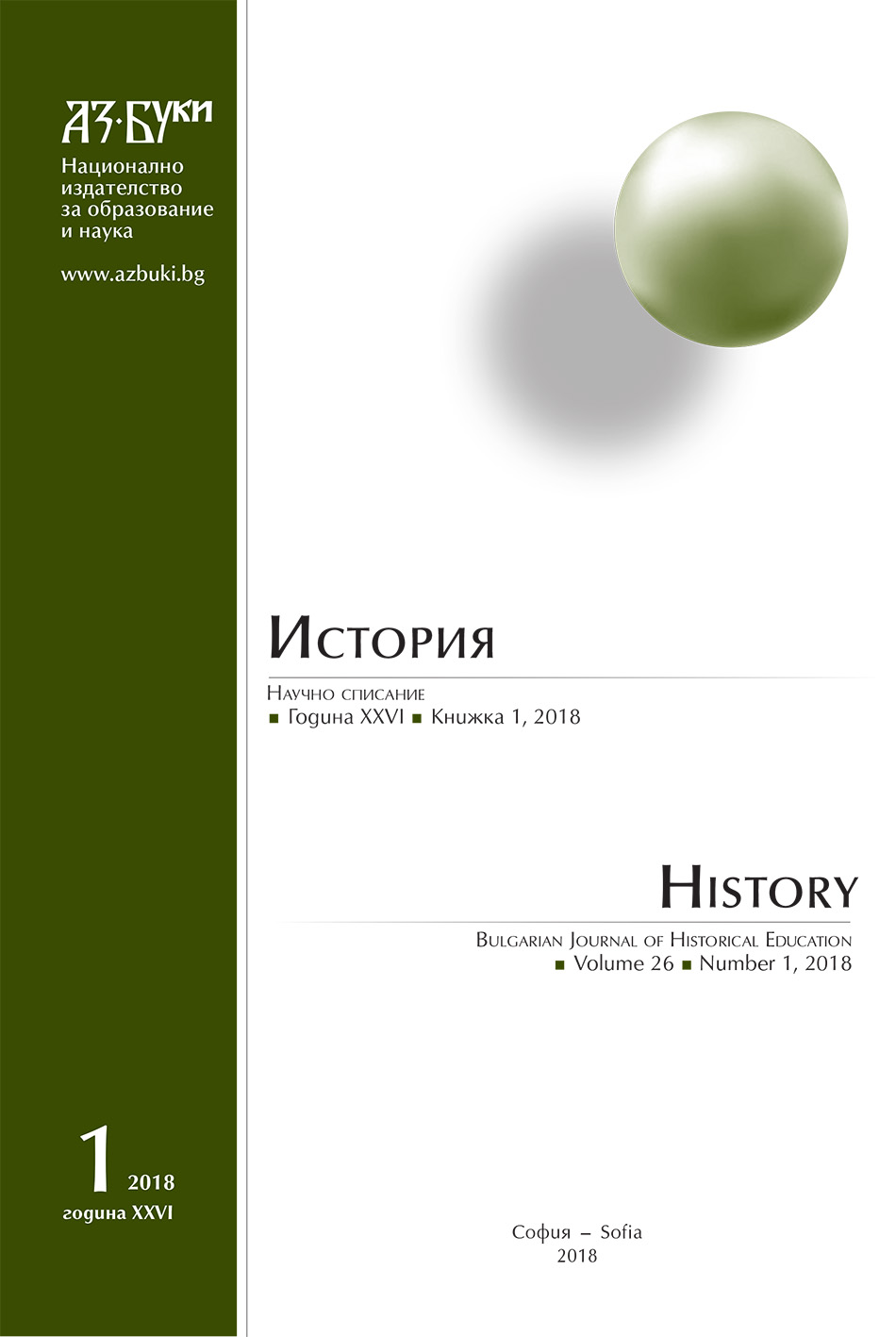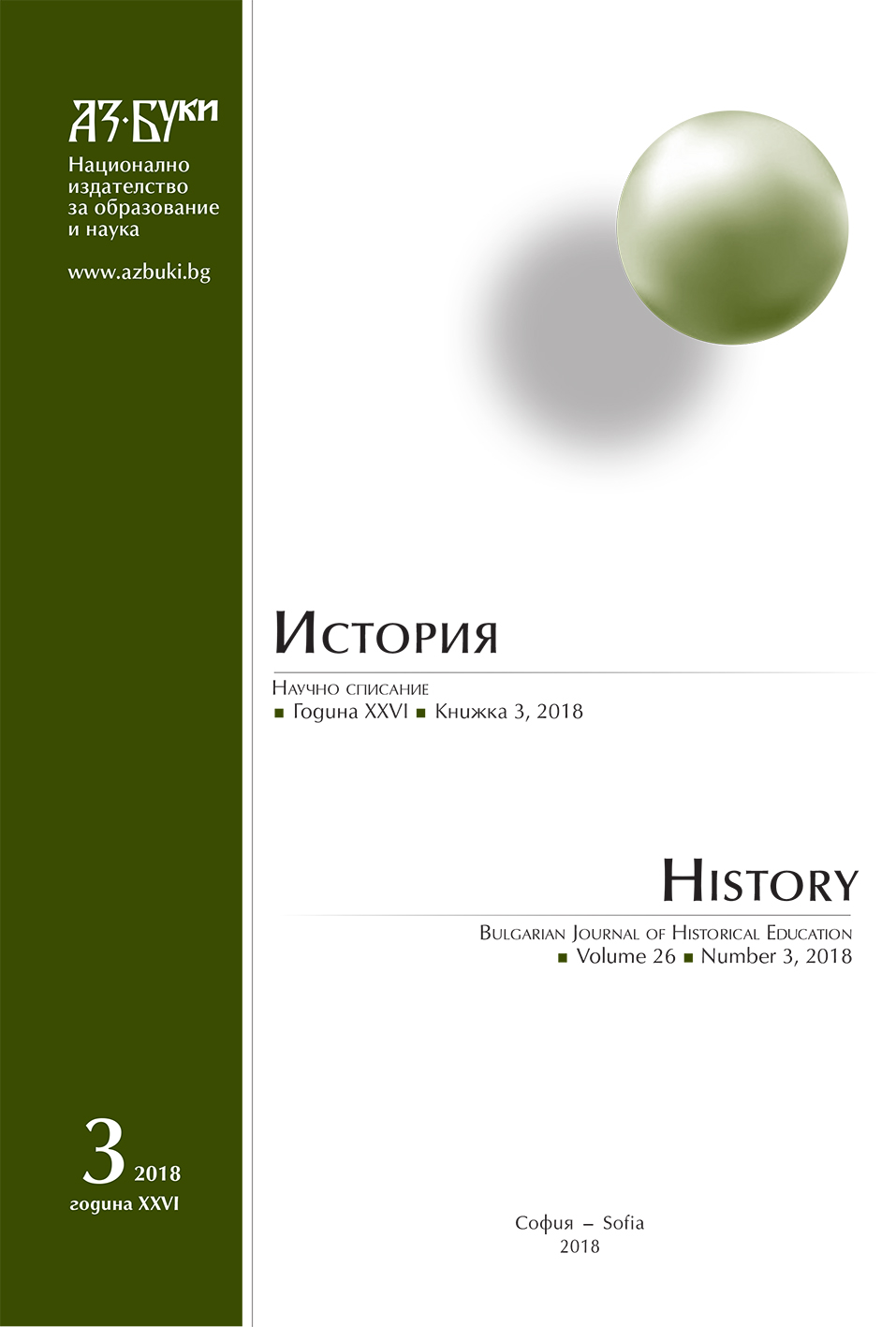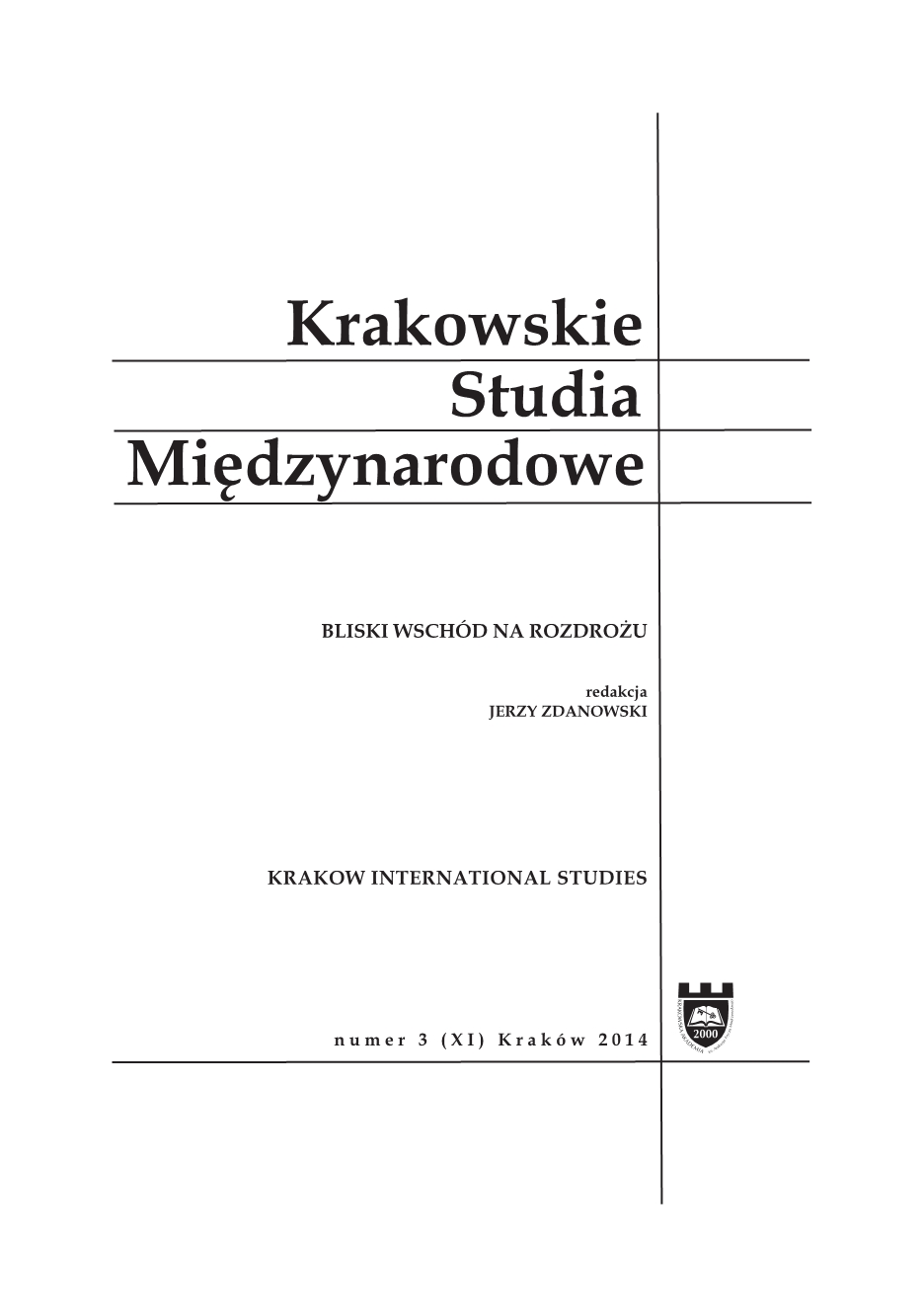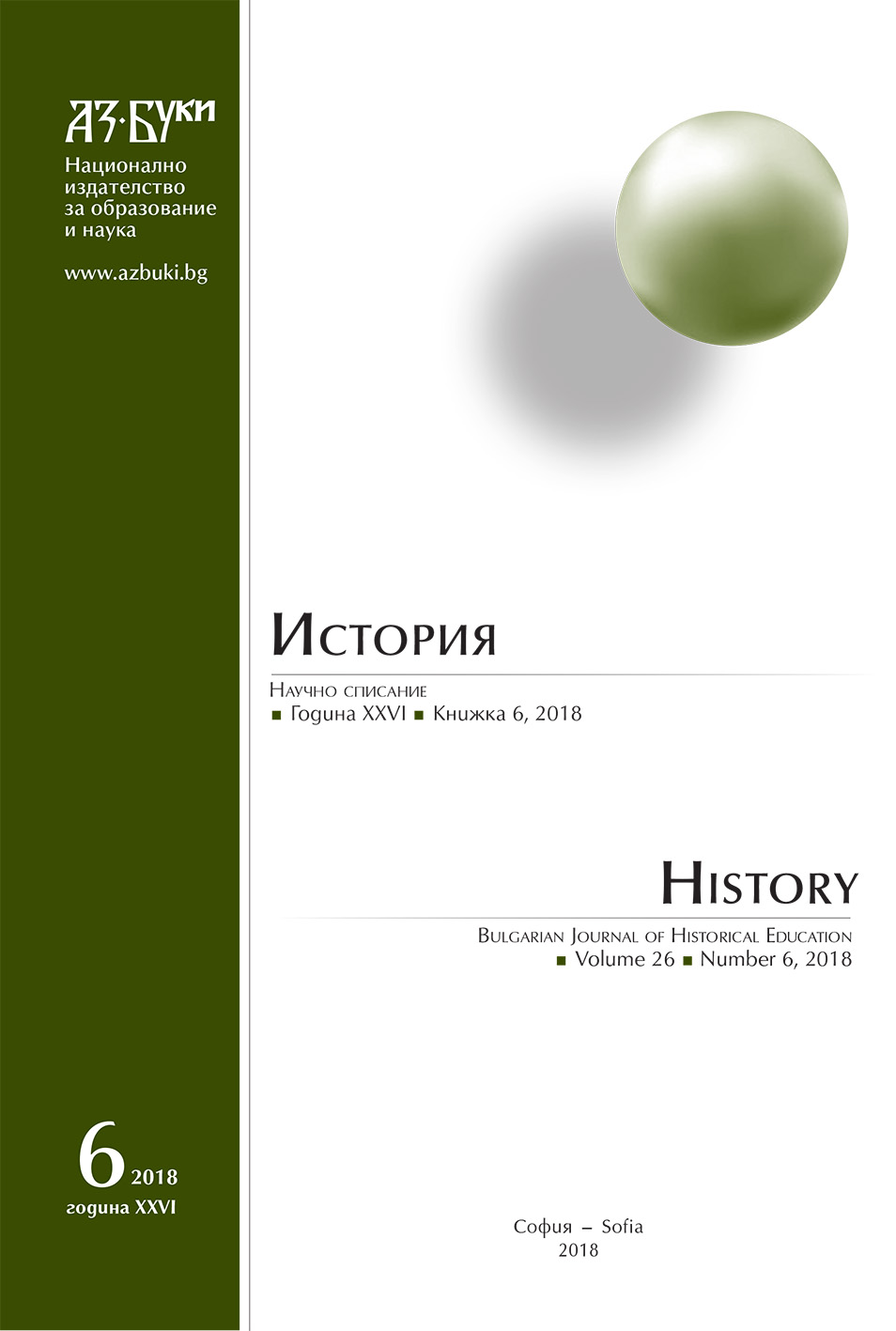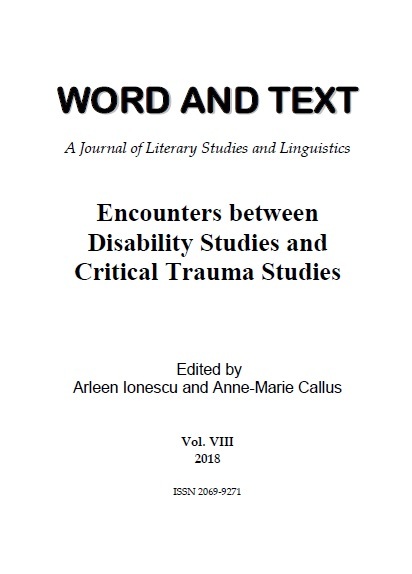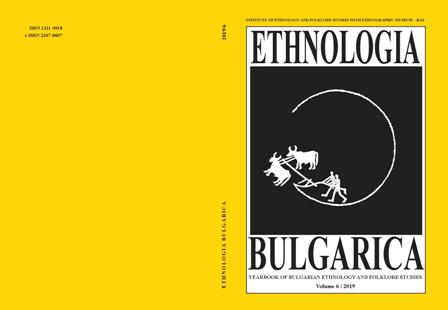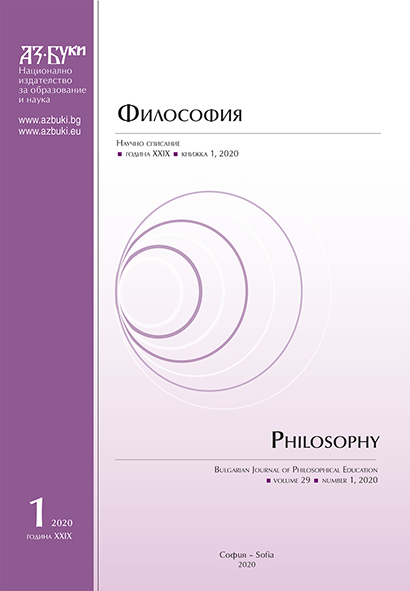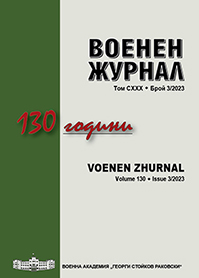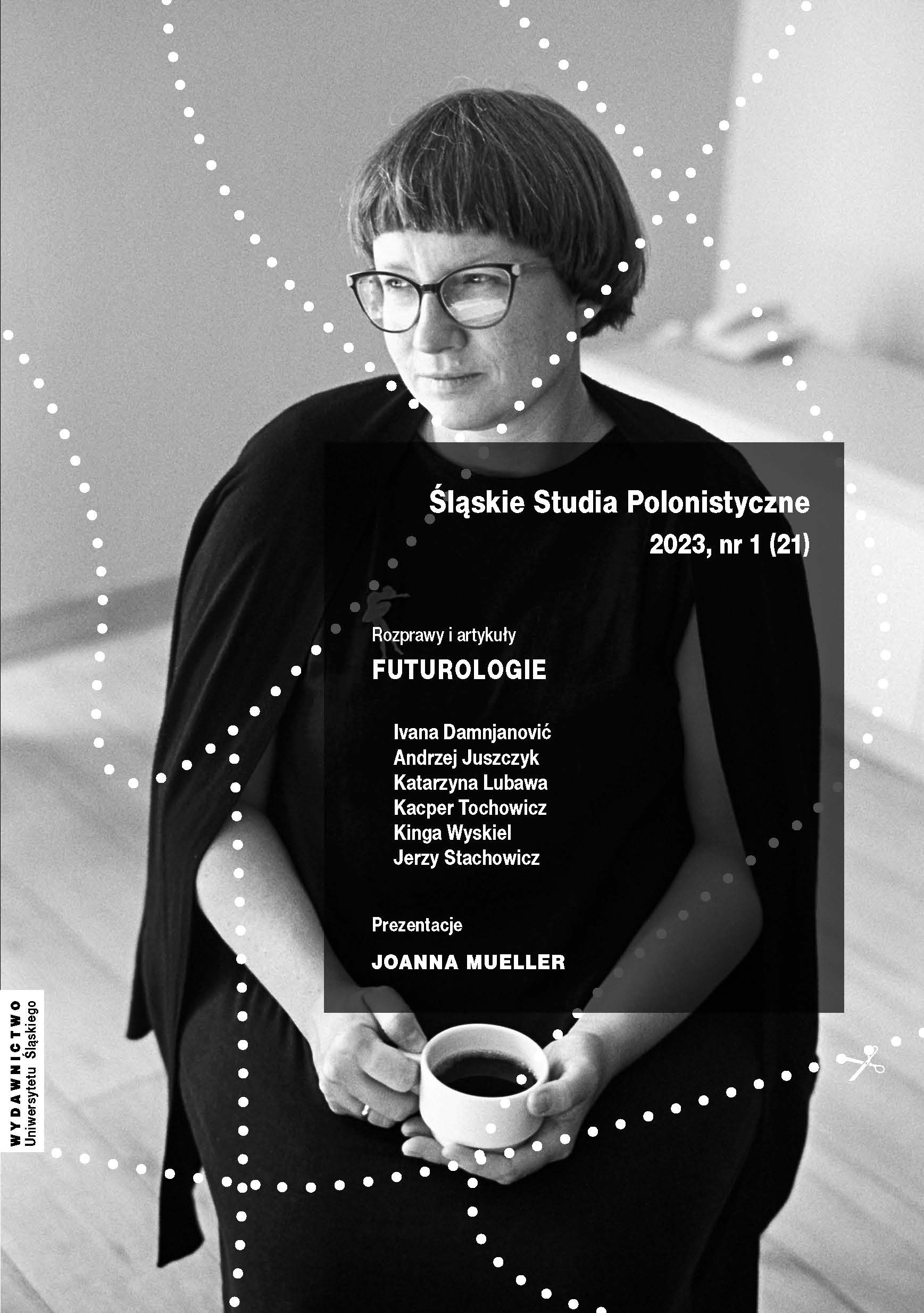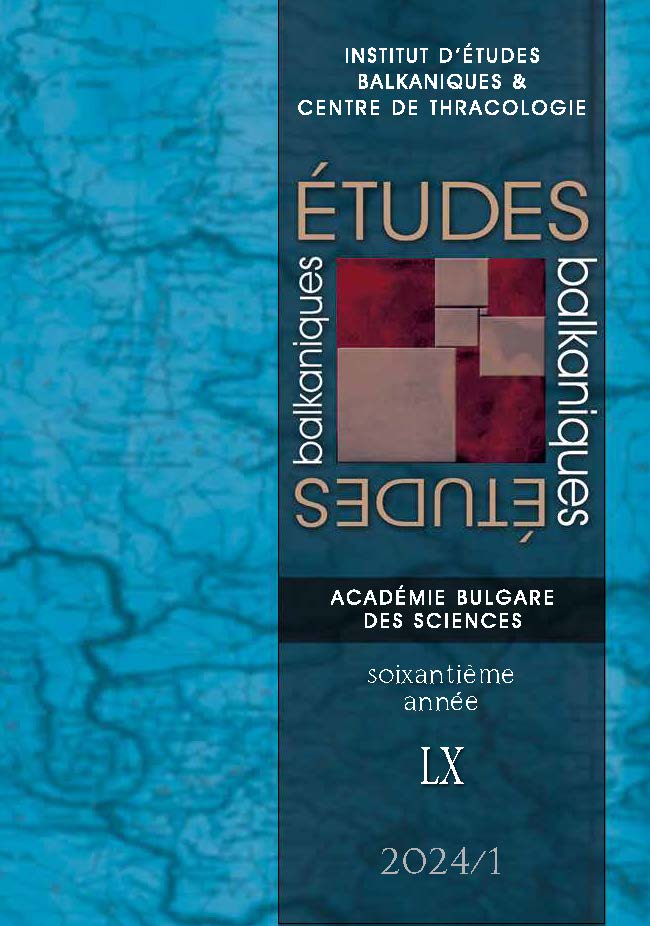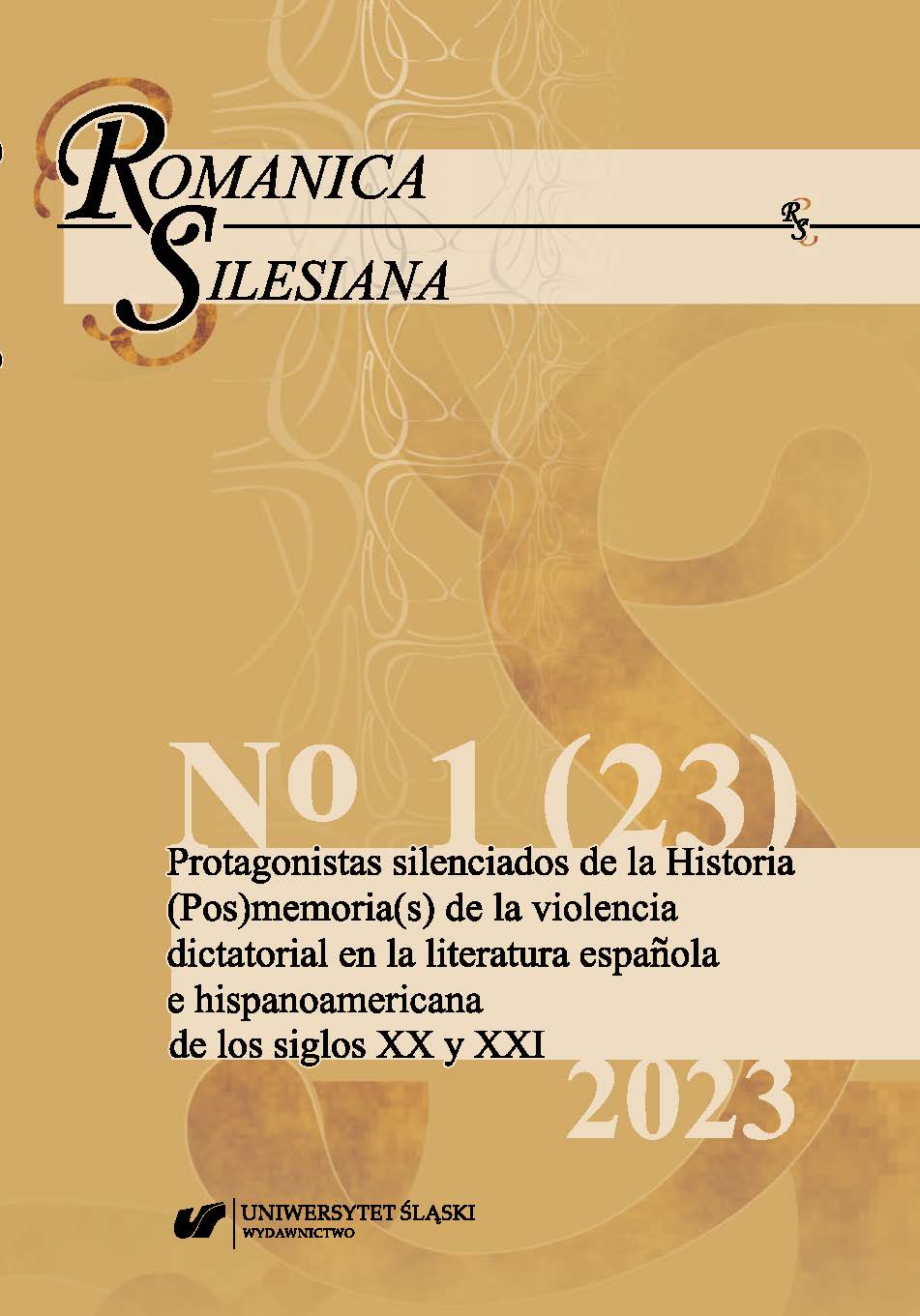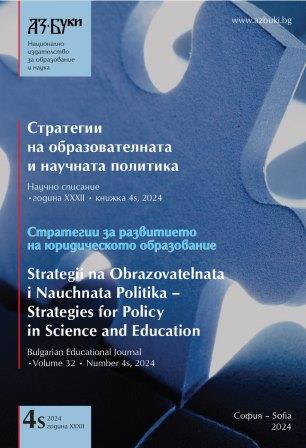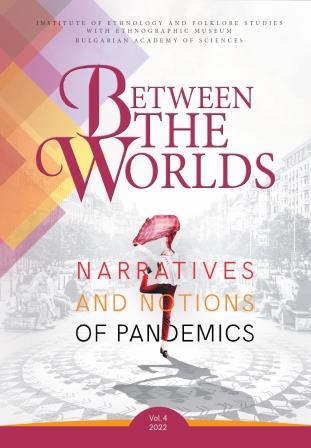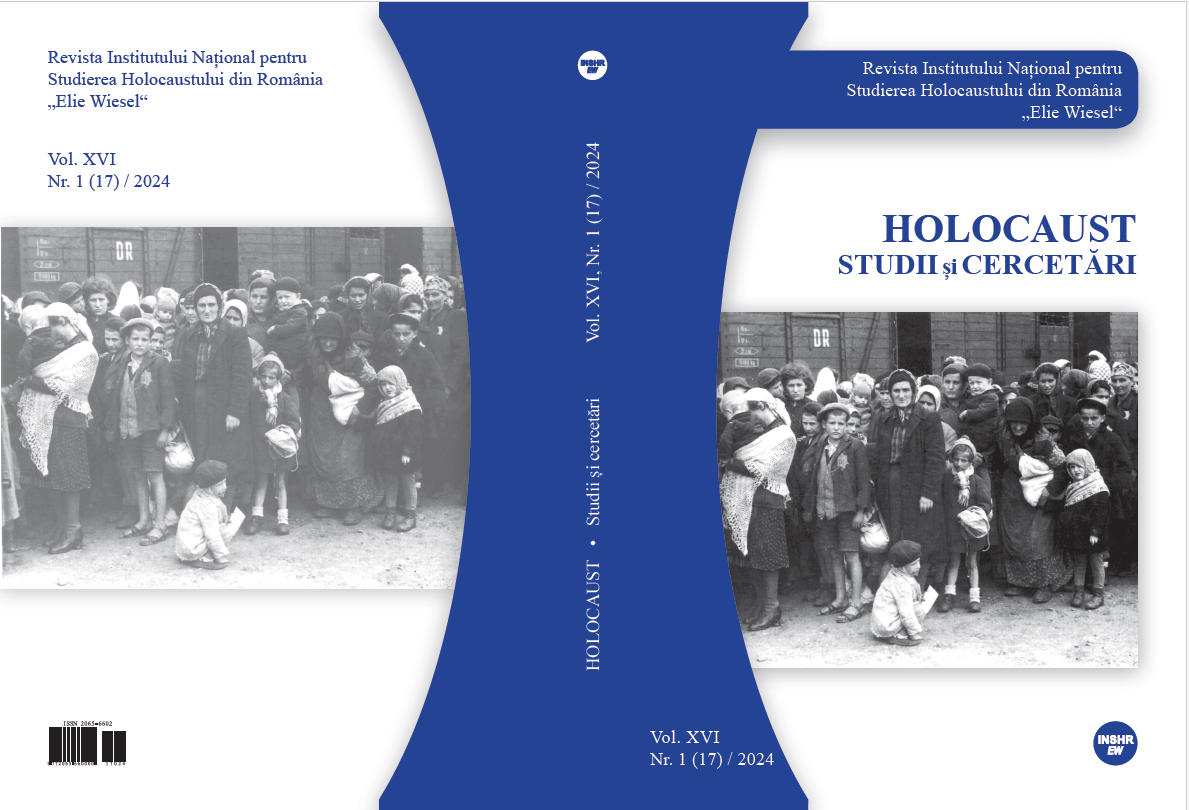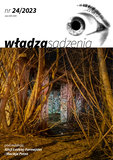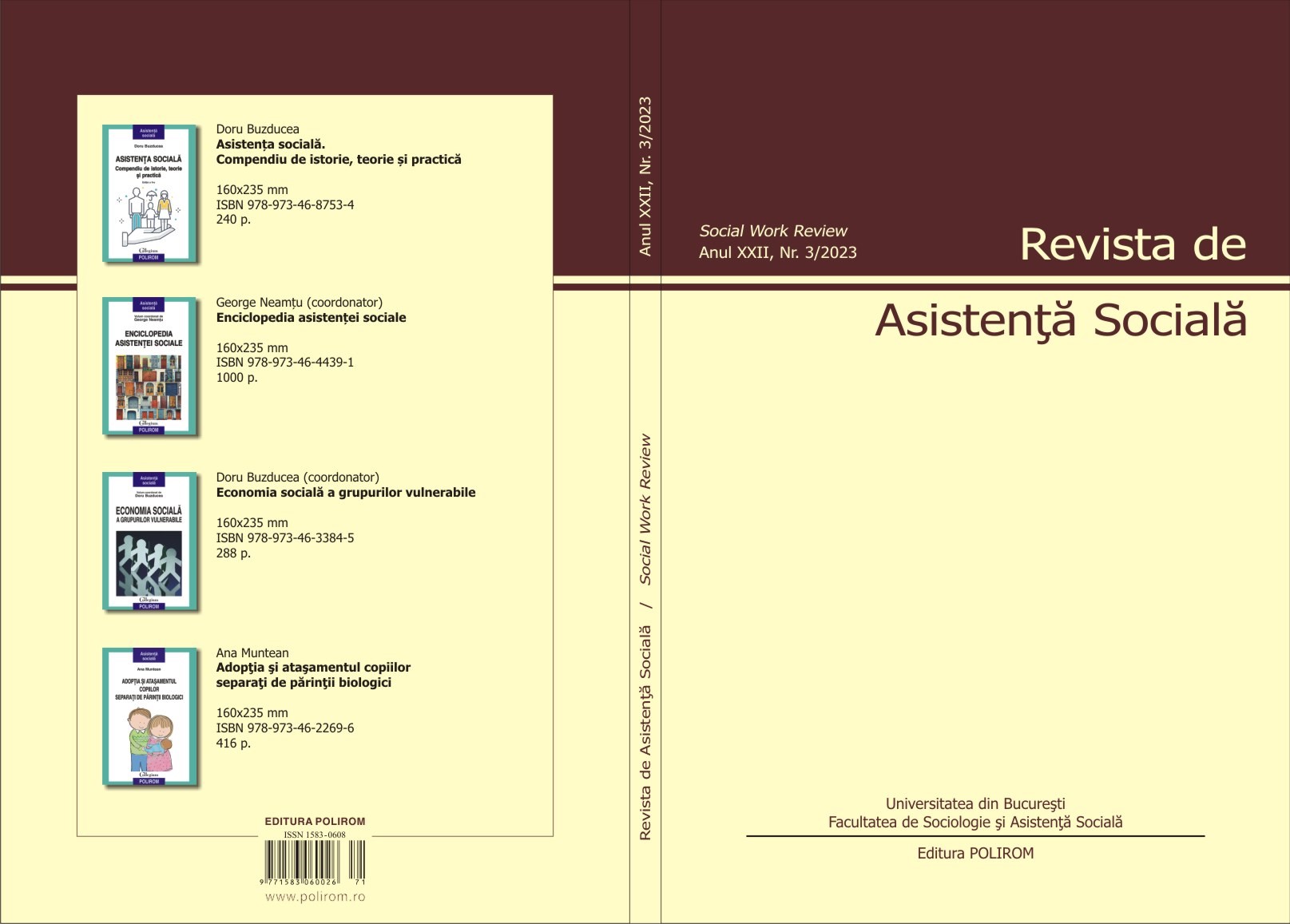DAĞILAN YUGOSLAVYA DÖNEMİ ve SONRASI KOSOVA TÜRKLERİNİN SİYASİ DURUMU
Josip Broz TİTO’nun 1980’de ölümünden sonra, Yugoslavya içinde 20 yıl sürecek olan dağılma sürecinin başladığı tarihtir. Tito tarafından oluşturulan Sosyalist Federatif Yugoslavya Cumhuriyetleri içinde tırmanan etnik milliyetçilik, başta dini,siyasi ekonomik görüş ayrılıkları dağılma sürecinin kanlı bir biçimde tamamlanmasına neden olmuştur. Dağılma sürecinde ilk olarak Slovenya ve Hırvatistan Milletvekillerinin Belgrad’ta Yugoslavya Parlamentosunu protesto ederek terk ettiklerinde Yugoslavya’da tansiyonun birdaha düşürülemediği kanlı savaşların başladığının en büyük işaretiydi. Sırplar ise bütün bu gelişmelere rağmen Yugoslavya’nın tek varisi oldukların ve SFYC temsil ettiklerini idda etmekteydiler ve Yugoslavyanın bölünmesine asla izin vermeyeceklerinin federasyonu oluşturan herhangi Yugoslav devleti tarafından federasyondan ayrılma talebinde bulunulursa buna karşı gerekirse JNA-Yugoslavya Halk Ordusu tarafından müdahele edeceklerinin belirtiyorlardı. JNA-Yugoslavya Halk Ordusunun % 75 Sırp subay ve askerleri oluşturuyordu.Bu bakıma JNA Sırpların kontrolü içindeydi.20 yıl sürecek olan dağılma süreci içinde 1980-1999 Yugoslavya içinde gerçekleşen Slovenya, Hırvatistan, Bosna ve Hersek, Kosova Savaşlarında bizzat JNA-Yugoslavya Halk Ordusunun silahlarıyla donatılmış olan Sırplar girdikleri köy kasabaları yerlebir etmişlerdir.
More...
